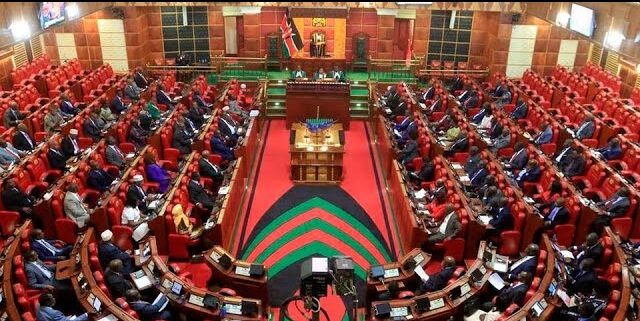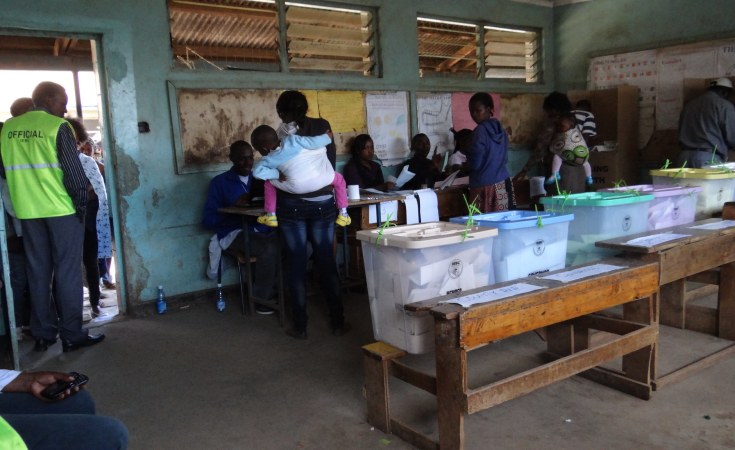The Political And Legal Environment in Kenya
Jomo KENYATTA, the founding president and an icon of the liberation struggle, led Kenya from independence in 1963 until his death in 1978.
- With a Political Stability Index score of -1.09 from 1996 to 2021, Kenya ranks 39th in Africa and 167th in the world.
- Kenya’s overall rule of a law index score is 0.44, placing it 106th out of 139 in the world (2021).
- Kenya has a Human Freedom Score of 6.73/10 and a World Ranking of 109 out of 165 (2022).
- Kenya’s legal system is based on a mixture of British common law, Islamic law, and customary law. Judicial Review by New Supreme Court Created by New Constitution.

Kenya’s Political Rights Index is 4 (weak), ranking 35th in Africa and 76th in the world on a weak to strong basis (1972 to 2020). Scores are below the African average of 5 points and are strong above average.
In 2010, Kenyans overwhelmingly passed a new constitution in a referendum. The new constitution introduced additional controls over executive power and delegated powers and resources to 47 newly created constituencies. The prime minister’s office was also abolished.

Negative impacts of Political/Legal in Kenya:
21.61% of parliamentary seats are held by women, the 105th highest in the world and 27th highest in Africa (2021), just below the African average of 23.44%.
The Regulatory Quality Index score (1996-2021) was -0.45 points, ranking 14th in Africa and 120th in the world, a low score but above the African average of -0.76 and below the global average of -0.03.


